Herbal remedies offer an intriguing alternative for those looking to bolster their mental health without solely relying on conventional medications. These natural solutions are often praised for their ability to address symptoms of anxiety, depression, and stress, providing support through plant-based compounds that have been utilized for centuries across various cultures.
In this article, we will explore the top herbs that have shown promise in supporting mental health. We will also discuss how these herbs can be incorporated into a holistic approach to well-being. By examining the properties, benefits, and potential risks associated with each herb, you’ll gain valuable insights into how they might fit into your mental wellness journey. Whether you’re considering integrating these natural options into your routine or simply curious about their effects, this guide will provide you with essential information to make informed decisions about your mental health care.
Understanding Mental Health and Herbal Remedies
Mental Health: Definition and Significance
Mental health encompasses your emotional, psychological, and social well-being. It influences how you think, feel, and act in daily life. Maintaining good mental health is crucial for personal well-being, fostering resilience against life’s challenges.
The Role of Herbal Remedies in a Holistic Approach
Incorporating herbal medicine into a holistic approach to health emphasizes treating the whole person rather than just symptoms. Herbs can play a supportive role by potentially enhancing mental clarity, reducing stress, and balancing mood.
Historical Context of Herbs in Mental Health Treatment
Historically, herbs have been integral to traditional medicine systems worldwide. Ancient cultures harnessed their properties to soothe nerves, uplift spirits, and promote mental equilibrium. For centuries, herbs like St. John’s Wort and Lavender have been cherished for their calming effects.
Exploring these natural options within a holistic framework allows you to consider diverse strategies for maintaining mental health. This approach not only recognizes the potential benefits of herbal remedies but also respects their place alongside conventional treatments.
By understanding this synergy between mental health and herbal remedies, you can make informed choices that support your overall well-being.
Key Herbs for Mental Health Support
1. St. John’s Wort
St. John’s Wort, a perennial herb with vibrant yellow flowers, has been a staple in traditional medicine for centuries. Historically, it was employed to treat a variety of ailments, including nerve pain and wound healing. Its modern-day acclaim primarily stems from its potential benefits in managing mild to moderate depression.
Research Findings on Effectiveness:
- Several studies have demonstrated that St. John’s Wort may provide relief comparable to standard antidepressants for individuals with mild to moderate depressive symptoms.
- A meta-analysis of clinical trials indicated that this herb can be as effective as conventional treatments, offering an alternative for those seeking herbal remedies.
Cautions Regarding Interactions:
- Despite its potential benefits, caution is advised when using St. John’s Wort due to its significant interactions with various medications.
- This herb is known to affect the metabolism of drugs like antidepressants, birth control pills, and blood thinners, potentially reducing their efficacy.
- Consulting with a healthcare professional before starting St. John’s Wort is crucial to avoid adverse effects and ensure safe usage.
St. John’s Wort continues to be a subject of interest in the realm of herbs for mental health support. While its potential benefits are promising, understanding its interactions and consulting professionals can help navigate its use safely within a holistic approach to mental well-being.
2. Ashwagandha
Ashwagandha, a prominent herb in Ayurvedic medicine, is known for its ability to help the body manage stress and promote mental balance. It is classified as an adaptogen, which means it assists the body in adapting to stressors and may potentially lower anxiety levels.
Potential Benefits for Anxiety Relief
Research suggests that ashwagandha may be effective in reducing symptoms of anxiety disorders. Several studies have demonstrated that individuals who took ashwagandha supplements experienced significant decreases in anxiety compared to those who received a placebo. These findings underscore the herb’s potential role in supporting mental health.
Recommended Dosage and Precautions
To ensure safe usage, it is important to adhere to dosage guidelines carefully. Generally, a daily dose of ashwagandha extract standardized to contain 5% withanolides falls within the range of 300 to 500 mg. Before starting any supplementation, especially if you are taking other medications or have pre-existing health conditions, it is essential to consult a healthcare professional. This will help you safely incorporate ashwagandha into your routine and maximize its benefits for mental health support.
3. Lavender
Lavender is well-known for its calming properties, making it a popular choice among herbs for mental health support. Its soothing scent and effects have been used in various forms, such as essential oils and teas, providing a flexible way to relieve stress-related symptoms.
Research shows that lavender has the potential to reduce anxiety and improve sleep quality. Studies suggest that inhaling or applying lavender oil may significantly lower anxiety levels, making it a valuable option for those looking for natural ways to relax and clear their minds.
There are several ways to include lavender in your daily routine:
- Lavender Oils: Used in aromatherapy, these oils can be diffused in living spaces or applied during massages.
- Lavender Teas: Made from dried flowers, lavender tea is a gentle way to experience its calming effects before bedtime.
Lavender’s many benefits make it a noteworthy addition alongside other herbs like St. John’s Wort, Ashwagandha, and Saffron in supporting mental well-being.
4. Saffron

Saffron, a vibrant spice derived from the crocus flower, has gained attention for its potential benefits in alleviating depressive symptoms. Its active compounds, including crocin and safranal, are believed to exert mood-enhancing effects. When compared to standard antidepressant treatments, saffron has shown promise in several studies, suggesting similar efficacy in managing mild to moderate depression.
Research findings
In clinical trials, saffron supplements have demonstrated significant improvements in mood and reductions in depression scores. For instance, some studies indicate that saffron’s effects on depression symptoms are comparable to those of prescription medications like fluoxetine and imipramine.
Considerations
While saffron shows potential as an herbal remedy for mental health support, it is crucial to approach it with the same caution as other herbs like St. John’s Wort or Kava. Consulting healthcare professionals to ensure safe use and avoid interactions with other medications remains paramount.
5. Ginkgo Biloba
Ginkgo Biloba is known for its cognitive enhancement benefits and has been used in traditional medicine, especially for supporting memory and brain function. This ancient tree extract is famous for its potential to improve focus and thinking skills, making it a popular choice for people looking for mental clarity alongside herbs like St. John’s Wort, Ashwagandha, and Lavender.
Limited Evidence for Schizophrenia Treatment
When it comes to treating schizophrenia, there isn’t much evidence to support the effectiveness of Ginkgo Biloba. While some studies suggest it may help reduce symptoms, this herb shouldn’t be seen as the main treatment option for this condition.
Safety Considerations
Ginkgo Biloba is generally safe when used correctly. The recommended dosage usually involves taking standardized extracts that match established amounts. However, it’s essential to talk to healthcare professionals before adding Ginkgo Biloba to your routine, especially if you’re currently taking medication, to avoid any potential interactions.
6. Kava
Kava, a traditional beverage from the South Pacific, has garnered attention for its ability to reduce anxiety and promote relaxation without impairing mental clarity. This herb is celebrated for its ability to reduce anxiety and promote relaxation without impairing mental clarity. Unlike some herbs like St. John’s Wort or Saffron, kava’s effects are primarily focused on anxiety reduction rather than depression.
However, the use of kava comes with certain risks. Improper preparation or excessive dosage can lead to serious health issues, including liver toxicity. It’s crucial to source kava from reputable suppliers who ensure that their products are free from contaminants and prepared safely.
For safe usage, it is recommended to:
- Start with low doses to gauge your body’s response.
- Avoid prolonged use; restrict consumption to short periods.
- Consult a healthcare professional if you have liver conditions or are taking other medications.
With careful consideration and proper use, kava can be an effective component of a holistic approach to mental health support.
7. Chamomile Tea
Chamomile tea is known for its calming effects, making it a popular choice for those looking for herbs to support their mental health. It has been used for a long time to relieve symptoms of anxiety and depression, offering a natural alternative for well-being. The soothing properties of chamomile are believed to come from its ability to bind to certain receptors in the brain, promoting relaxation and reducing stress.
Benefits of Chamomile Tea for Mental Health
- Anxiety Relief: Clinical studies have shown that chamomile can be effective in reducing symptoms of anxiety when compared to a placebo.
- Improved Sleep Quality: Participants in these studies reported feeling calmer and experiencing better sleep after regularly drinking chamomile tea.
- Natural Alternative: Chamomile offers a gentle and natural option for those seeking relief from anxiety and depression without the use of medication.
In addition to its mental health benefits, chamomile tea has other advantages such as aiding digestion and boosting the immune system. For individuals exploring other herbal remedies such as St. John’s Wort, Ashwagandha, Lavender, Saffron, Ginkgo Biloba, Kava, or Ginseng to enhance mental clarity and energy levels, adding chamomile tea to their routine could provide extra support. Its mild nature makes it suitable for daily use without the risk of significant side effects.
8. Ginseng
Ginseng has been highly regarded in traditional Chinese medicine for its potential to improve mental clarity and increase energy levels. This herb is often sought after for its adaptogenic properties, which are believed to help the body cope with stress. The benefits of ginseng go beyond physical health, with its ability to enhance mental acuity being one of its most celebrated uses.
Mixed Evidence from Scientific Research
Scientific studies on ginseng’s effectiveness present a varied picture. Some research suggests that ginseng can enhance cognitive performance and reduce mental fatigue, which may be beneficial for individuals seeking natural methods to support their mental well-being. However, the evidence is not entirely definitive, and further rigorous trials are necessary to establish its effectiveness conclusively.
Considering Individual Needs
While many people turn to ginseng alongside other herbs like St. John’s Wort, Ashwagandha, and Lavender for mental health support, it’s essential to take individual needs into account and seek personalized advice from healthcare professionals.
Considerations Before Using Herbal Remedies
Exploring herbal remedies for mental health can be a beneficial aspect of holistic well-being, yet several critical considerations should guide their use.
Consulting Healthcare Professionals
Before starting any herbal treatment, it’s crucial to consult healthcare professionals. They offer personalized advice based on your current health status and medical history. This step ensures that the chosen herbs align with your specific needs and conditions.
Potential Interactions with Prescription Medications
Herbal remedies can interact with prescription medications in unexpected ways. These interactions might reduce the effectiveness of traditional drugs or lead to adverse effects. For example, St. John’s Wort is known to interfere with various medications, including antidepressants and birth control pills.
Not Replacing Conventional Treatments
While herbs can support mental health, they should not replace conventional treatments, especially in severe cases. Mental health conditions such as severe depression or anxiety require professional intervention and established treatment plans. Herbal remedies may act as complementary options, enhancing overall well-being when used alongside prescribed therapies.
These precautions ensure that you benefit from herbal remedies without compromising your safety or existing treatment plans.
Conclusion
Using herbs for mental health support can be a promising way to enhance well-being. However, it’s important to see these natural remedies as complementary to traditional treatments rather than substitutes. By combining both approaches, we can create a more comprehensive and balanced strategy for managing mental health.
Since everyone’s needs are different, it’s crucial to do thorough research. This ensures that the herbs we choose align with our personal health requirements and won’t interfere with any existing medications or conditions. Consulting with healthcare professionals adds an extra layer of safety and guidance, helping us make informed decisions.
Carefully incorporating herbal supplements into our routine has the potential to boost the benefits of conventional therapies. By staying informed and seeking expert advice, we establish a solid foundation for effective and safe usage. This makes our journey towards improved mental health both enriching and empowering.

Discover more from NatureZen: Balance, Health & Natural Living
Subscribe to get the latest posts sent to your email.

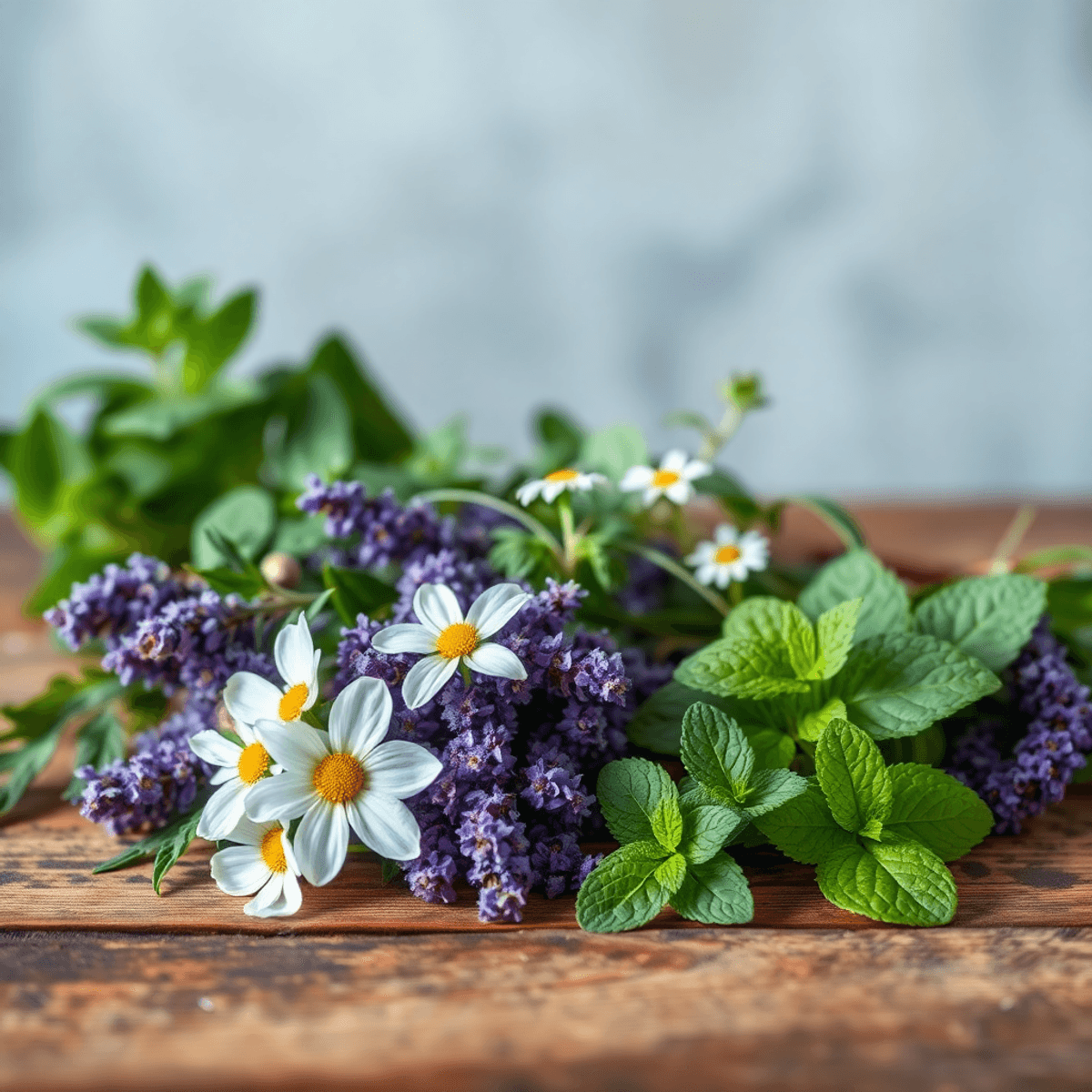






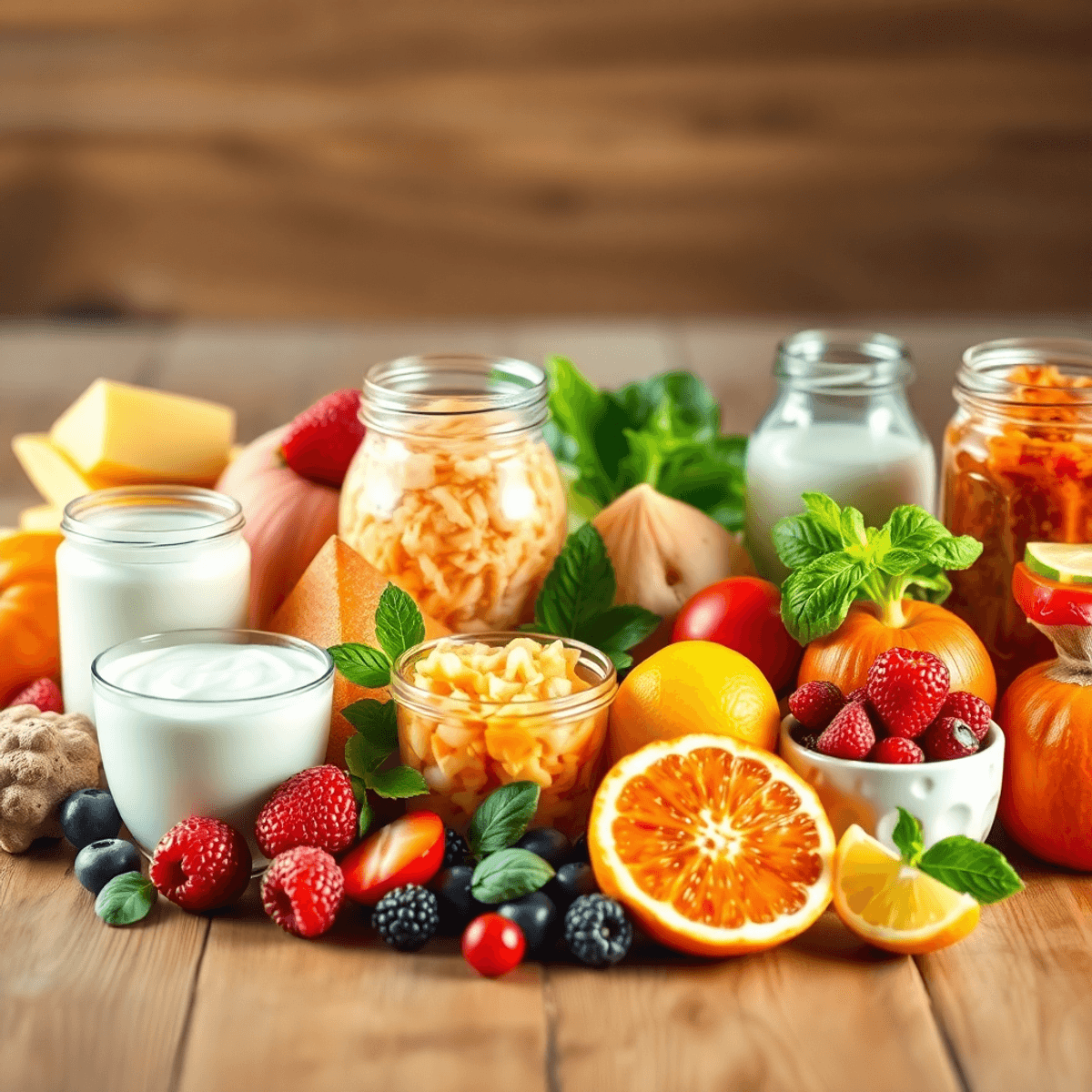
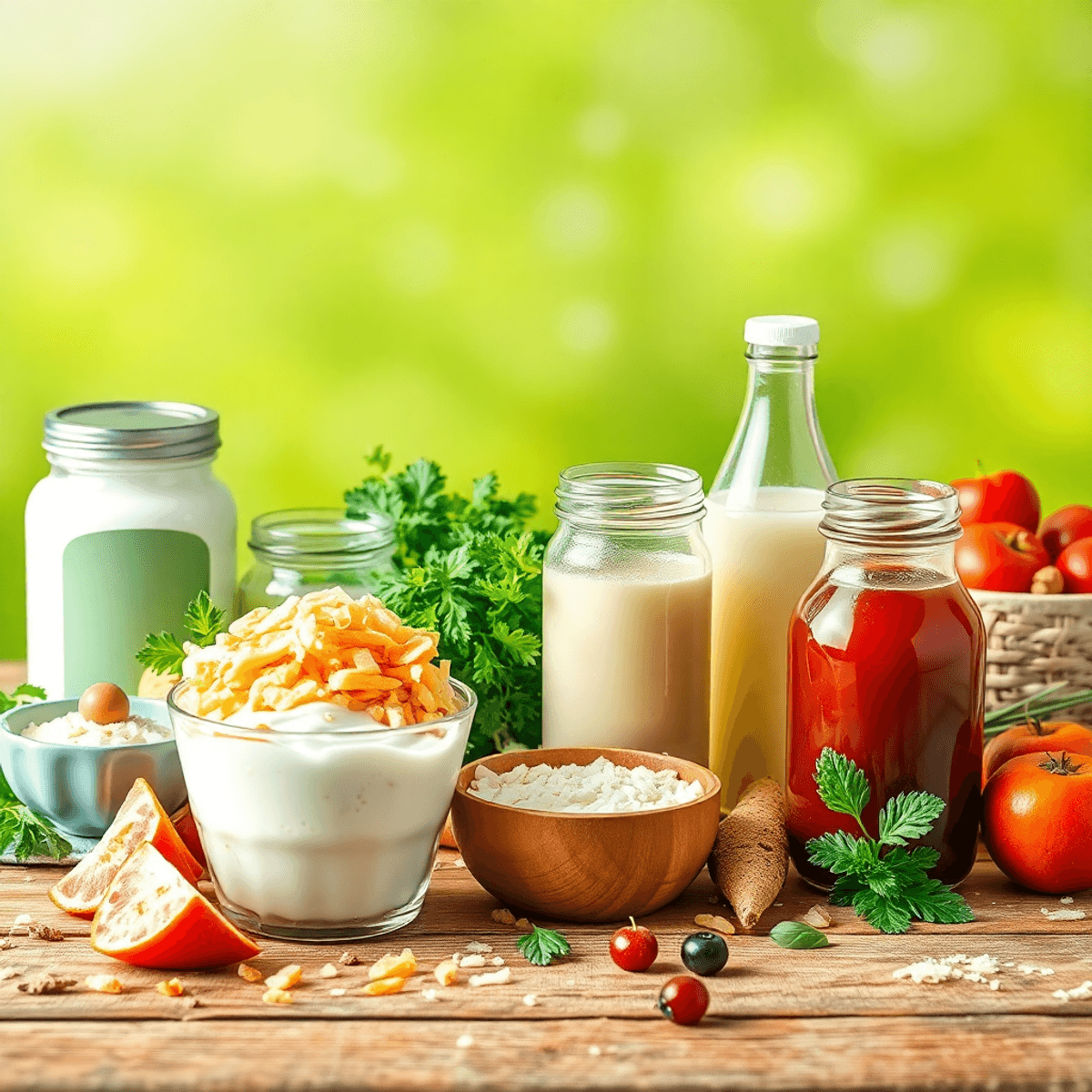

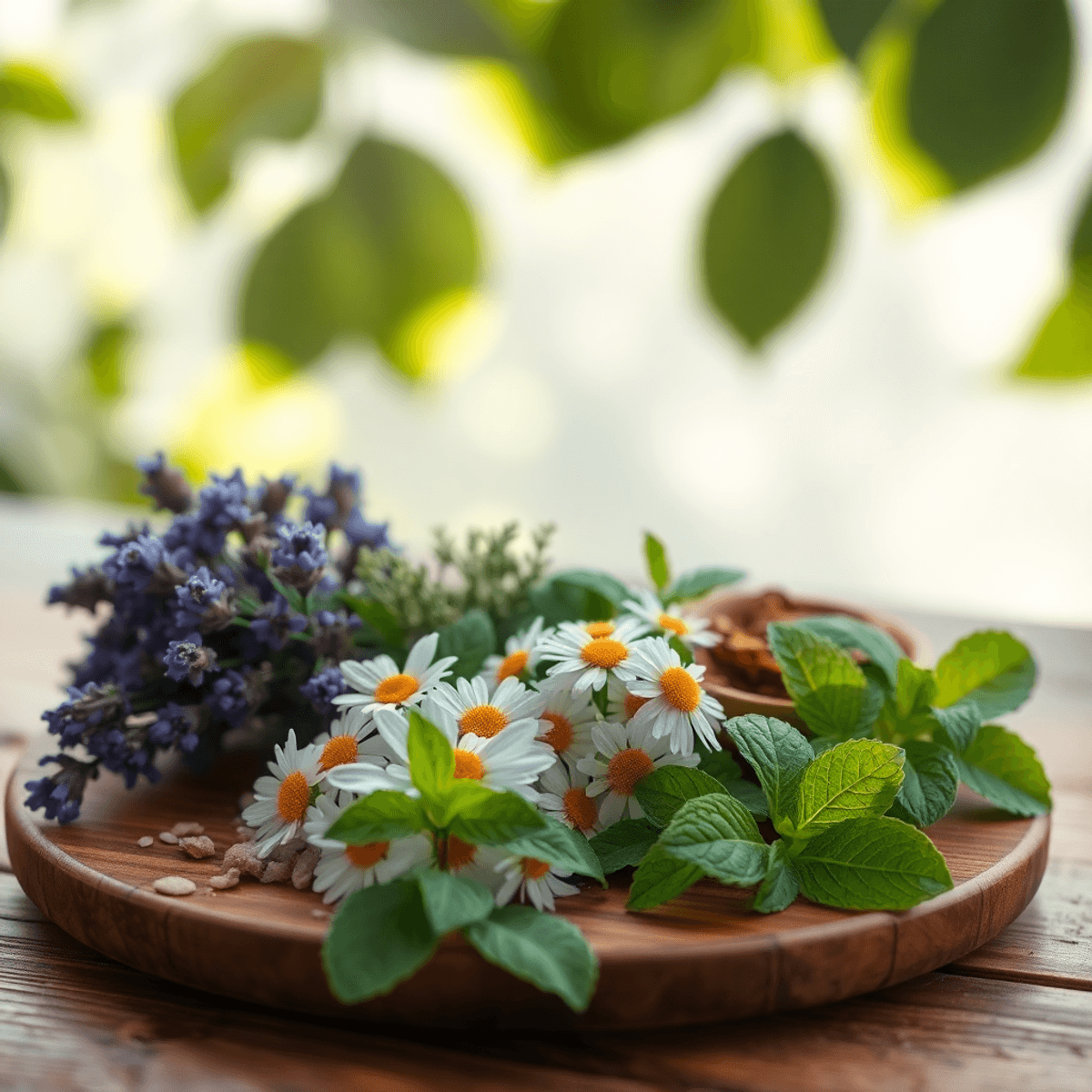
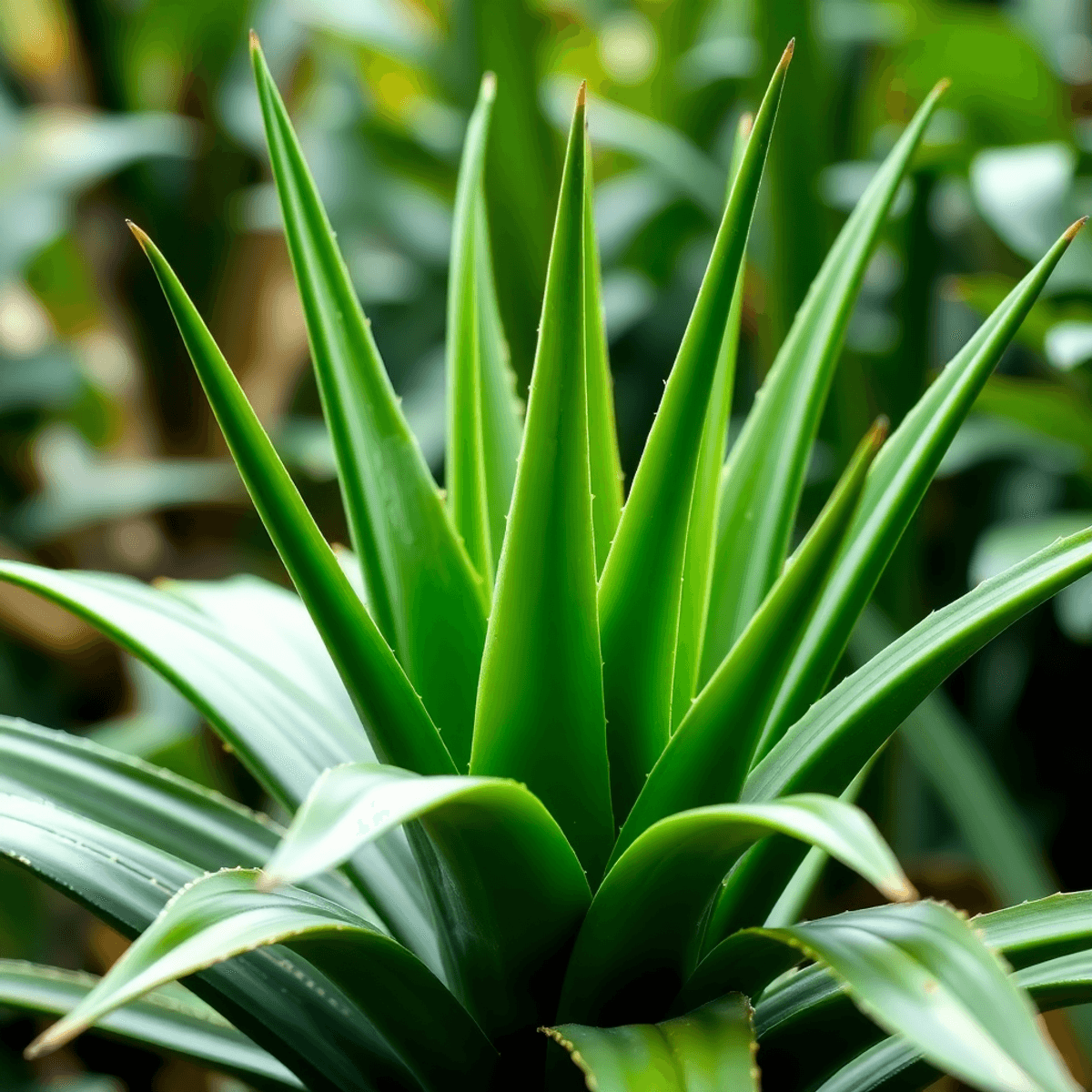

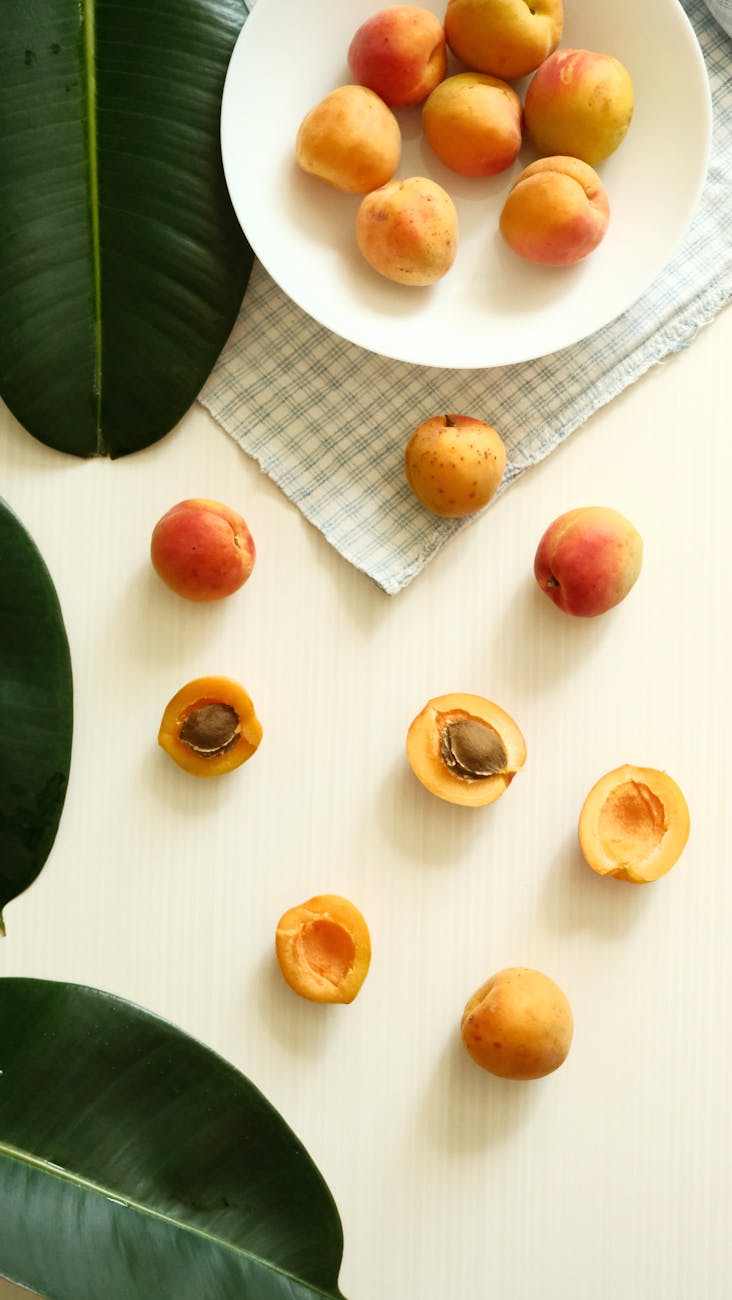


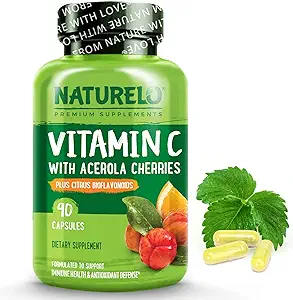
I prefer a more natural approach. This information is good to know.
I’m glad you found the information helpful!
This article provides a comprehensive overview of herbal remedies for mental health. I appreciate the balance between benefits and cautions regarding each herb. It’s important to consult healthcare professionals before trying these alternatives.
I found the historical context of herbs in mental health treatment particularly interesting. Understanding how different cultures have utilized these plants adds depth to their modern applications. It’s good to see this information being shared.
The section on St. John’s Wort and its effectiveness compared to conventional antidepressants is quite enlightening. However, the cautionary notes about drug interactions are crucial and should not be overlooked when considering this option.
It’s refreshing to read about natural alternatives for managing anxiety and stress, like ashwagandha and lavender. The emphasis on a holistic approach encourages individuals to explore various methods for improving their mental well-being.
I appreciate how the article addresses both potential benefits and risks of using herbal remedies for mental health support. It highlights the importance of thorough research and personalized advice from healthcare professionals before starting any new supplement.